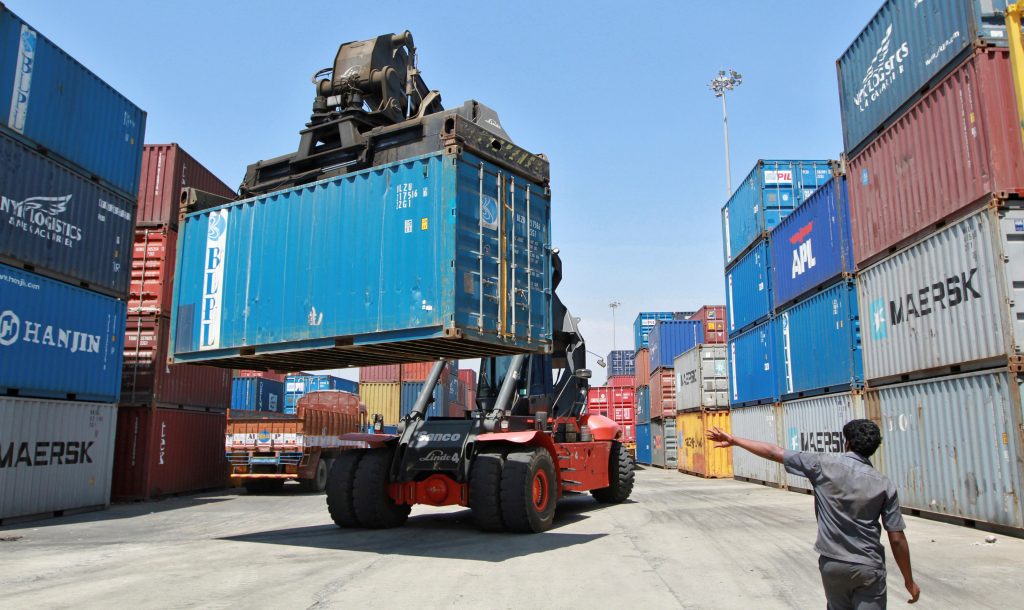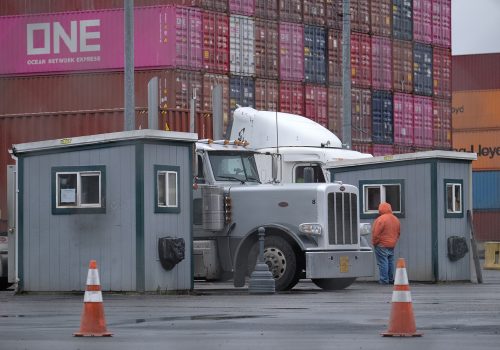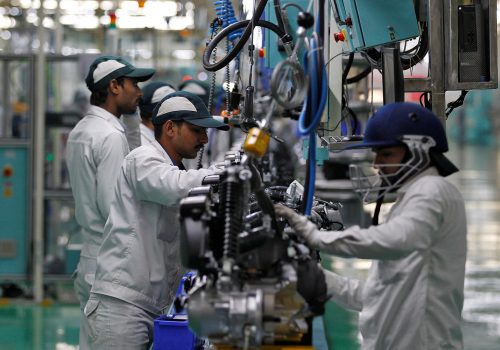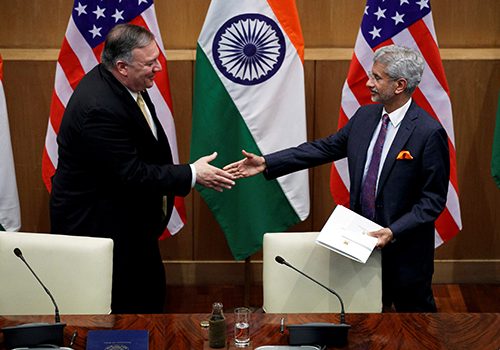Executive summary
The ongoing COVID-19 pandemic has forced nearly all public policy questions to be seen through the lens of how to detect and respond to the disease as it spreads rapidly across the globe. These include obvious questions of national health care policy and whether there is a place for international efforts to coordinate their national responses. Trade policy has come to the fore as a growing number of countries restrict exports of critical medical supplies to ensure sufficient availability for patients in-country. In this crisis, international collaboration to keep trade flowing has been limited and has not prevented many countries from imposing new trade restrictions.
The importance of digital policies has grown as countries seek to harness the tools of big data, artificial intelligence (AI), and vital infrastructure to trace outbreaks of the virus and assist efforts to find cures and vaccines. While digital tools are proving vital in efforts to track outbreaks and trace contacts, legitimate concerns are growing about potentially invasive government surveillance even after the virus retreats.
These policy areas—health, trade, and digital—overlap in the international, national, and local efforts to reduce the duration of the pandemic and mitigate its effects with respect to human lives and economic well-being.
The analysis in this paper, while initially conducted before anyone had ever heard of COVID-19, has been impacted by its sudden emergence and will likely require updating to assess the experiences of this ongoing crisis. The paper, which focuses on the U.S.-India bilateral relationship, concludes with a series of questions, as opposed to policy recommendations. This is due partly to the very complexity that all governments confront in mapping out digital policies given the ubiquitous role digital networks and devices play in our daily lives. But these questions may have even more tangible relevance now that COVID-19 is forcing a reckoning with a severe interruption in global economic growth, which could be on the scale of the Great Depression in the 1930s. Ultimately, the governments of India, the United States, and other nations will determine for themselves what answers are relevant to their individual circumstances.
Related experts

The South Asia Center is the hub for the Atlantic Council’s analysis of the political, social, geographical, and cultural diversity of the region. At the intersection of South Asia and its geopolitics, SAC cultivates dialogue to shape policy and forge ties between the region and the global community.
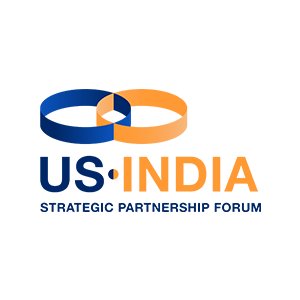
The US-India Strategic Partnership Forum (USISPF) is a non-profit organization, with the primary objective of strengthening the U.S.-India bilateral and strategic partnership.
Related content
Image: FILE PHOTO: A mobile crane prepares to stack a container at a port in the southern Indian city of Chennai March 16, 2012. REUTERS/Babu/File Photo
